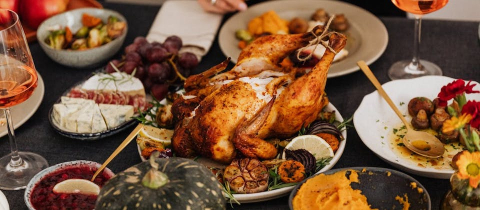Humans have classified more than 12,500 species of ants, and there are an estimated 10,000 more waiting to be discovered. Besides their incredible strength, almost all of these species have something in common: queens.
Ants adhere to a caste system, and at the top is the queen. She’s born with wings and referred to as a princess until she takes part in the nuptial flight, mates with a male ant, and flies off to start her own colony. Since she retains the sperm from this first mating for her entire life, she never needs to mate again, and can digest her wings to nourish herself until her colony is established.
Queens selectively fertilize the eggs they lay. Fertilized eggs become infertile female worker ants (the larger of whom are referred to as soldiers) and unfertilized eggs become fertile males, called drones. The males exist just to mate with the queen ants and die soon after.
How new princesses are made though has always been somewhat of a mystery. It’s been well established that, when fertilized eggs and the resulting pupae are better nourished, they develop into princesses, but how ants can develop into the two hugely different groups of workers and queens just by being fed more was a conundrum. Until now.
American researchers have found that some pupae are born with a particular gene, insulin-like peptide 2 (ILP2), expressed a lot, while others are born with it barely expressed at all. This causes some pupae to have more of the insulin-like protein in their bodies (which functions much like normal insulin, to allow glucose to be absorbed from the blood), and thus absorb more nutrients.
While in their larval form, all pupae are actually sent signals to suppress ILP2. This way, it’s only the ants born with naturally high ILP2 expression that are able to reproduce. These reproduction-destined ants will be better fed by the workers and will eventually develop into queens. In times of stress, like droughts or when food supplies are low, ants will choose not to feed fertilized eggs better, thus stopping the queen-development process and saving resources for the colony.
So with ants it seems the key to the kingdom isn’t as easy as marrying a prince. You’ve got to be born at the right time, with the right gene expression, in the right place.
Want to engage with this content? Comment on this on our Facebook page!







